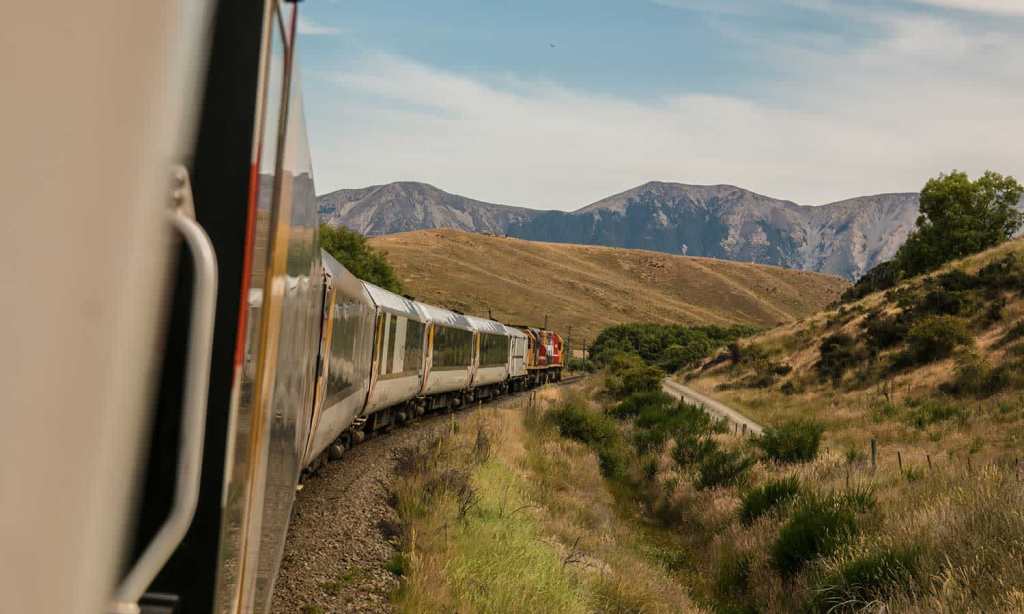Increasingly (and as it should be), the climate crisis is being considered at the forefront of everything we do, from the way we shop for groceries, to the way we recycle and compost at home.
Australians have notoriously itchy feet and an insatiable thirst for travel, but its news to no one that our adventure-driven habits have a devastating impact on the environment. Air travel has a greater climate impact per passenger than other forms of transport and accounts for 2% of all global emissions. In 2018, flights contributed 895 million tons of carbon, and this figure stands aside from emissions relating to road travel.
In news considered hopeful, though, it seems Australians are starting to prioritise the environment over their own desires to return to Bali for the fourth time, and are opting to explore alternate means of travelling with lesser impacts.
New research funded by ING reveals ‘conscious travel’ is on the rise. A growing interest in climate action is behind the travel trend, with the new research finding four in five (82%) of us identify as ‘conscious travellers’ — meaning we consider the impact overseas travel has on the environment or tourism.
And while increased education around the travel industry’s impact influenced this, it’s noted in the data that the recent bushfires across Australia accelerated the collective conscious around drastic action needed. As a result, the ING data shows one in three (36%) of participants are now looking to alter their upcoming holiday plans to lend support to bushfire-affected communities.
Other ways Australians are prioritising conscious travel is with a visit to second cities (29% of Aussies) in a bid to save money combat over-tourism — second cities refers to lesser-explored alternative cities and towns that offer a similar experience to the capitals.
Around half of us (49%) also believe the small changes can do a long way to reduce environmental impact. Of those surveyed, 36% have considered travelling by train, bus or boat over airplanes, 30% consider going on fewer but longer trips to minimise flights and 26% take fewer planes in general.
And while these decisions may set Australians back more money, the survey finds that two thirds (69%) of us would be willing to fork out more for a holiday if it meant we left behind a minimised carbon footprint.
In saying that, though, being an eco-conscious traveller doesn’t always mean you’ll pay more. Half of the participants believe that aspects of conscious travel that include exploring in off-peak seasons and visiting less-touristy spots can lead to cost savings.
“Our research shows Aussies are a mindful lot. Not only are we inspired to make important changes to the way our travel impacts the environment, but we’re also looking to minimise money waste, sticking to budgets that don’t allow for frivolous spending.” said Melanie Evans, ING head of retail.
Find out more about the biggest Australian travel trends in 2020.
Read more stories from TheLatch— and follow us on Facebook.

